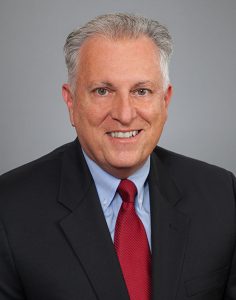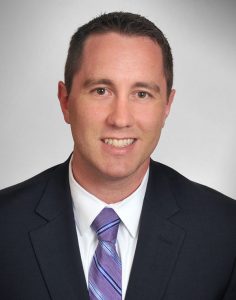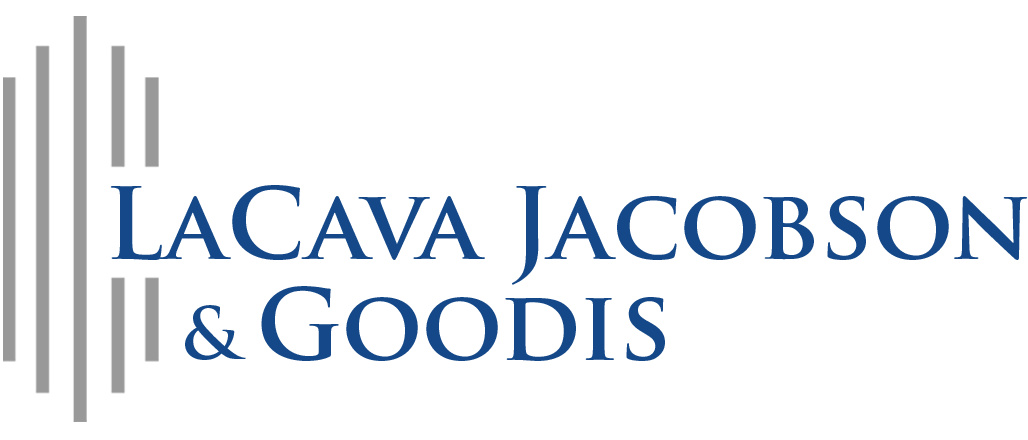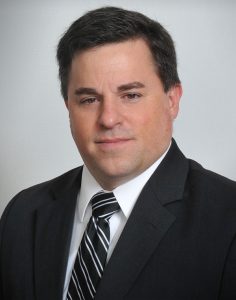

Tom Saieva and Lesley Stine were successful in obtaining a Final Summary judgment in Pinellas County based on plaintiffs’ failure to comply with pre-suit requirements of Chapter 766, Florida Statutes, in a stroke case against a hospital. Plaintiffs’ pre-suit affidavit against the hospital for the alleged actions of a claimed registered nurse was supported by a neurologist from California with extensive stroke center credentials. This was challenged during presuit and thereafter during the lawsuit on the grounds that, pursuant to Section 766.102(6), claims against nurses, nurse practitioners, certified registered nurse anesthetists, physician assistants, or other medical support staff, could only be supported by similar health care providers, or physicians, licensed under Chapter 458 or 459 (Florida physicians), who had knowledge of the standard of care of those nurses, thus the out of state neurologist’s affidavit was insufficient.
The case was appealed twice. The initial motion for a determination of failure to comply with presuit was denied and appealed. The opinion in PP Transition, LP v Munson, 232 So. 3d 515 (Fla. 2d DCA 2017) was significant because it held that the trial court denied procedural safeguards when it summarily denied the hospital’s motion without express findings as to compliance.
Ultimately, the trial court granted a Final Summary Judgment on the basis of §766.102(6). This case involved the statute relating to expert witness certificates under §458.3175. Plaintiffs claimed that the expert certificate allowed the out of state witness to provide an affidavit against nurses, however the defense pointed out that the expert witness certificate only allowed an out of state physician to testify on the standard of care of a physician licensed under Chapter 458 or 459, rather than a nurse or other allied health professional.
The Final Summary Judgment was appealed to the Second District Court, which affirmed Per Curium in Munson v PP Transition, LP, 2021 WL 6055701.
 Mark Messerschmidt was successful in convincing a website to remove false allegations about a healthcare professional and that provider’s care and treatment. Originally, the website falsely claimed this provider’s involvement was substandard according to publicly available information. Mr. Messerschmidt, however, argued that the same public information would directly contradict the publisher’s contentions and demonstrated how the claims against that provider were false in fact. Accordingly, Mr. Messerschmidt’s argument left the publisher without a reasonable option but to remove the false information and print a correction and retraction.
Mark Messerschmidt was successful in convincing a website to remove false allegations about a healthcare professional and that provider’s care and treatment. Originally, the website falsely claimed this provider’s involvement was substandard according to publicly available information. Mr. Messerschmidt, however, argued that the same public information would directly contradict the publisher’s contentions and demonstrated how the claims against that provider were false in fact. Accordingly, Mr. Messerschmidt’s argument left the publisher without a reasonable option but to remove the false information and print a correction and retraction.







 litigation and appeals in all Florida state and federal courts.
litigation and appeals in all Florida state and federal courts.